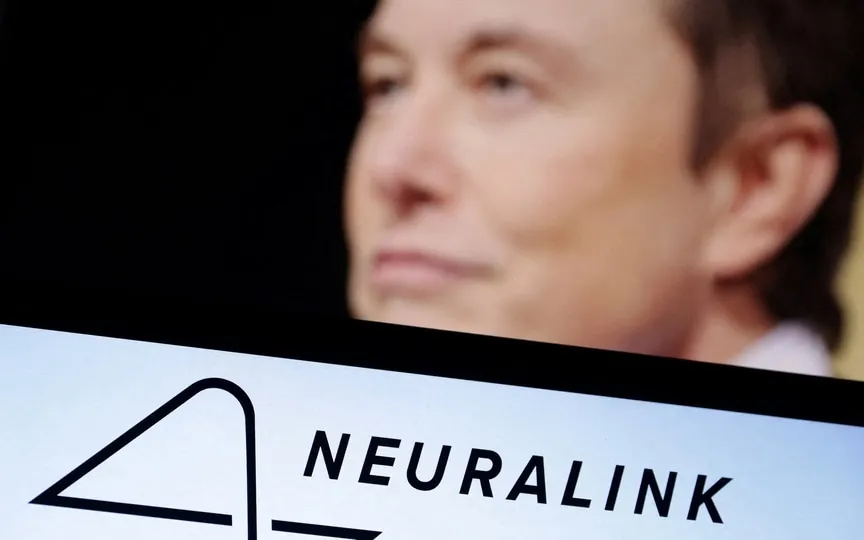Neuralink Seeks Participants for Initial Human Clinical Trial Led by Elon Musk
Neuralink Corp., the brain implant startup helmed by billionaire Elon Musk, is actively enlisting participants for a clinical trial, marking a significant milestone that brings the futuristic technology closer to becoming a reality for humans.
In its blog post, the company said it will enroll patients with quadriplegia caused by cervical spinal cord injury or amyotrophic lateral sclerosis (ALS) into the study. Neuralink plans to evaluate the safety and functionality of its tool so that people can manipulate external devices at will.
The original goal “is to enable people to control a computer cursor or keyboard with just their thoughts,” the company said in a post.
The announcement is a highly anticipated moment for the startup that has sparked interest in the field of brain implants.
While Musk has discussed Neuralink’s far-reaching goals — such as helping people learn languages or communicate thoughts mentally — he has also consistently said that its first project would be to help heal brain injuries.
Several other companies working on the same technology have previously succeeded in embedding devices in the brain. Synchron Inc. implanted its first device in a US patient through blood vessels instead of brain surgery. Synchron inserts its device through a surgical incision at the base of the neck and then guides the implant to its destination in the brain.
Early approval by the Food and Drug Administration for Neuralink’s research was obtained in May of this year with a research device exemption that allows medical device manufacturers to move forward with human trials. The company said it also received approval from the hospital where it will perform the first surgeries, but did not name the hospital.
The path to the next experiments and possible widespread use is long. In May, Victor Krauthamer, a professor at George Washington University and former director of the FDA’s Division of Biomedical Sciences, noted, “It usually takes years.”




